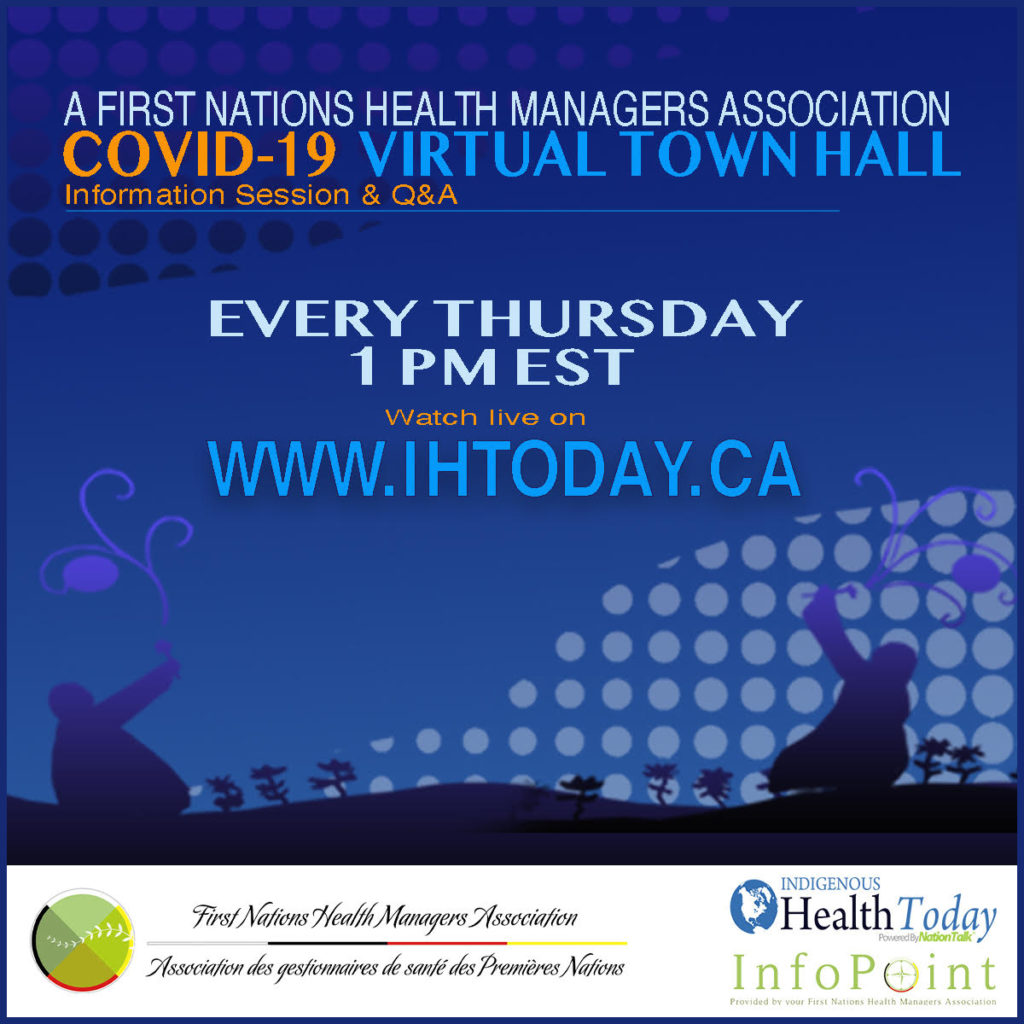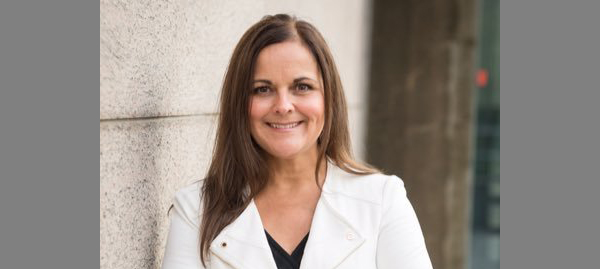by Jake Cardinal, Local Journalism Initiative Reporter
(ANNews) – The First Nations Health Managers Association (FNHMA) Weekly Virtual Town Hall is a podcast that features speakers from different organizations who provide credible and reliable information, resources, and updates about what their organizations are doing to combat COVID–19.
Leila Gillis RN MN, Indigenous Services Canada’s (ISC) Chief Nursing Officer and Director General of the Office of Primary Healthcare, joined the podcast this week to speak about the vaccine roll-out happening in Canada.
After speaking about how there was still evidence of community transmission in “many, many” jurisdictions across the country, Gillis said, “I want to acknowledge that we’re still working hard to prevent COVID spread through our continued and long-standing public health measures and we can’t lose sight of that.”
“We’re also working to organize and support one of the biggest vaccine administrations campaigns in this country’s history.”
However, there is a common distrust from multiple First Nations of the COVID vaccine. The Health Minister of Nunavut mentioned the peoples’ hesitancy to get the vaccine because they didn’t want to be “guinea pigs;” Feddie Louie, director of the Tahltan Central Government’s Emergency Operations Centre, mentioned that First Nations in BC were unsure; Grand Chief Jerry Daniels of the Southern Chiefs’ Organization of Manitoba also said that there is still a “great deal of skepticism.”
Leila Gillis spoke on First Nation people’s rightful distrust of the Federally administered COVID vaccines. “I’ve been a nurse for thirty years – and first and foremost: I’m a public health nurse – and what I’ve learned through years of practice is that vaccines are safe. And to ensure vaccines are safe there are so many processes and standards in place and the COVID-19 vaccine has been rigorously tested,” explained Gillis.
“Before a vaccine is offered to anybody in Canada, Health Canada will ensure that it is safe, that it works, that there are consistent, high-quality manufacturing processes, and that the benefits of getting the vaccine out-weigh the risks of not getting it. And there is strong evidence that the vaccines are safe and work for people 18 years and over – including seniors. It is highly effective across age, sex, race, and ethnicity.”
After mentioning a few of her nursing colleagues and friends experiences of getting their shots, Gillis said that there might be some side effects such as low fever or a headache, “it’s not unlike a flu vaccine or others where you have mild symptoms.”
The arrival of the vaccine supply is being staggered over several months. Based on the vaccine’s availability and the roll-out plans within the jurisdictions, “it’s a little different everywhere.”
The National Advisory Committee on Immunization recommends that the priority populations for the initial vaccine administrations should be those that are expected to respond well, healthcare workers, and seniors (including long-term care homes and staff).
In regards to the Indigenous populations in Canada, Gillis said that, “First Nations and Inuit Nations have been identified as some of those who could get priority vaccines.”
She continued by speaking about the immunization process itself, mentioning that both the Pfizer vaccine and the Moderna vaccine require two doses. “Protection offered by the first dose is lower than the efficiency and effectiveness of the second dose.”
“These are two dose vaccines. And the current research identifies that our peak immune response and our ability to fight COVID occurs after the second dose. So, getting both doses is very important. If you’ve had your first dose, make sure that you make it a priority to get the second dose cause that’s when the highest protection is provided.”
The weekly FNHMA virtual Town Halls are produced in partnership with NationTalk and Indigenous Health Today. Tune in weekly on Alberta Native News Facebook or here on Thursdays at 1 pm EST to listen to it live. To view previous virtual Town Halls please visit the FNHMA website at https://fnhma.ca/fnhma-virtual-town-hall-covid-19/
Jake Cardinal is a local journalism initiative reporter for Alberta Native News.



Be the first to comment on "FNHMA podcast discusses the importance of getting vaccinated"